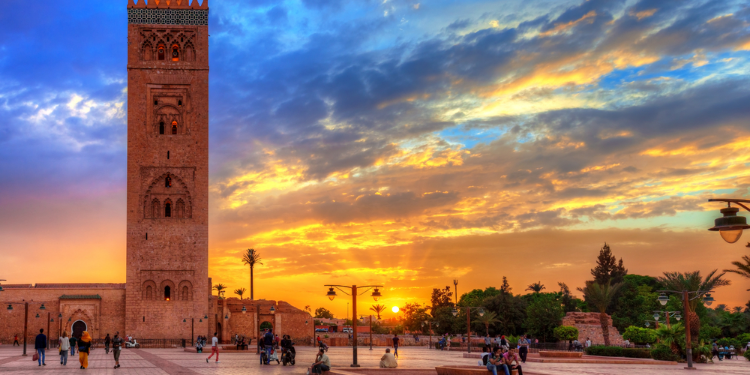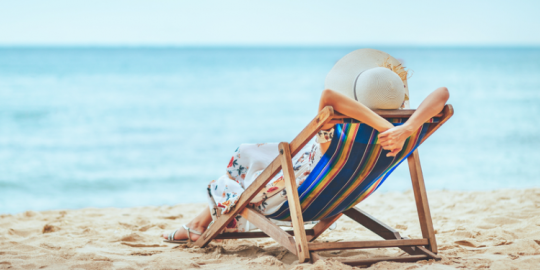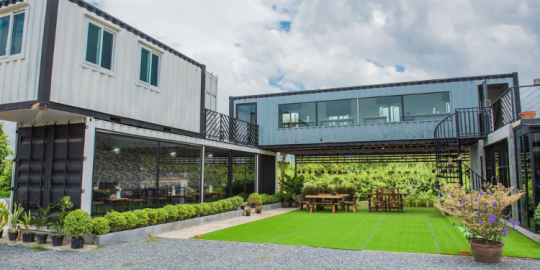A business-friendly environment

Morocco has a resilient economy which makes it an attractive destination for investment or launching a startup. In 2017, Morocco has attracted at least 96 new projects. Today, there are investment opportunities in a range of fields including industry renewable energy, trade and distribution, logistics, and information and communication technologies. You might be sceptical regarding political instability, but there are many reasons for the country's booming startup scene. Located at the crossroads of Africa, Europe, and the Middle East, Morocco also has close diplomatic and trade connections with North America. During the past decade, there were massive investments in infrastructure so that they meet international standards. By choosing to do business in Morocco, you will also benefit from a qualified, skilled, and bilingual workforce, as well as competitive costs, ambitious sectoral strategies, and access to a vast market with more than one billion consumers. To attract more foreign investment, Morocco recently simplified administrative procedures while guaranteeing transparency. You also have laws regulating competitiveness and prices, and protecting industrial and intellectual property.
A booming real estate market

There are many benefits to real estate investment in Morocco. Firstly, property prices in Morocco are more affordable compared to European countries, for example. There's a wide selection of commercial and residential properties in the country, ranging from modern office buildings to beautiful riads, houses, and apartments, especially in major cities like Marrakech and Casablanca. Prices mostly depend on your preferences and criteria. Fes and Essaouira are attractive cities for those who wish to acquire a second home. With its sunny beaches and tourist sites, Tangier may be the best for buying commercial property. Also, many expatriates choose to resell or rent their property – which can be very profitable depending on its location. It's worth noting that buying a second home accounts for over 60% of total real estate transactions in Morocco due to the availability of property and the high purchasing power of permanent workers and foreign retirees. Moreover, expatriates are entitled to tax benefits when investing in real estate.
Low cost of living

Morocco attracts many expatriates due to its low cost of living. Even though Morocco is far from being the cheapest country in the world, expatriates enjoy a higher purchasing power. However, it all depends on your income currency and the lifestyle you have chosen. If, for example, you've been hired on a local contract and are earning dirhams, the cost of living will be higher. Since accommodation will be your most significant expense, count $ 657 per month for a fully furnished large apartment in the city centre of Marrakech or Casablanca, plus $ 81 for utility charges for two, including electricity and gas. Outside the city centre, the same type of accommodation will cost $ 350 per month on average. For Internet, count $ 22 per month. Daily, you will need $ 0.57 for bread for two and $ 5.21 for lunch. Using public transportation to get around will cost you about $ 17 per month. If you're planning a romantic night out, count on $ 22 on average for dinner at the local pub and $ 11 for two movie tickets. Also, a cappuccino at the most popular cafe downtown will cost around $ 2.16 and a pint of beer at the local pub $ 3.97.
Expect a culture shock

While major Moroccan cities are home to large expatriates communities of various origins, the culture shock at your arrival is almost unavoidable. English and French are quite widespread, but Arabic is the official language in Morocco. It won't be hard to interact with Morrocans and adapt, except in rural regions perhaps, but you're still advised to learn some Arabic before moving. More than half of the population is Arab, with the main religion being Islam. You can also find many other faiths and a harmonious blend of cultures and traditions around the country. Relocating to Morocco is also an excellent opportunity to experience a range of holidays and festivals besides New Year and Labour Day celebrations. Eid-el-Fitr (celebrated at the end of the fasting month Ramadan), Eid-el-Adha, Achoura, and Mouloud commemorating the birth of the Prophet are the most awaited religious festivals in Morocco. The rich and savoury Moroccan cuisine is another integral part of the local culture, with fish, meat, vegetables, fruits, and many spices as the main ingredients. Pastilla, couscous, and tajine are some of the most popular dishes. Even though the Moroccan society is multicultural, expatriates have to abide by its social etiquette for better integration. For example, avoid criticising religion or the King in public. While homosexuality is forbidden, it's also unacceptable for a couple to live under the same roof without being married. Also, avoid eating and drinking in public during Ramadan. If you come from a bustling metropolis, you will also have to get used to the laidback Mediterranean lifestyle.
It's sunny all year around

The Moroccan climate generally varies from one region to another: continental, Mediterranean, and temperate on the coast, and hot and dry inside. In short, it is warm and sunny almost all year round and in all regions. In Marrakech, for example, the average temperature in winter is 21 °C. Rain falls more frequently in the north-west where there are mountains. In the highlands, the summer can be scorching and stifling – and this is something you should take into account when packing your suitcase. If you're relocating near the coast, you will enjoy 9 to 10 hours of sunlight daily in summer compared to 5 to 6 hours in winter. January is the coldest month while March is the wettest. Regardless of the season, it's always pleasant to relax in a traditional hammam.
















